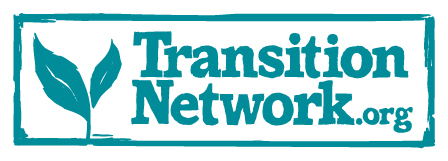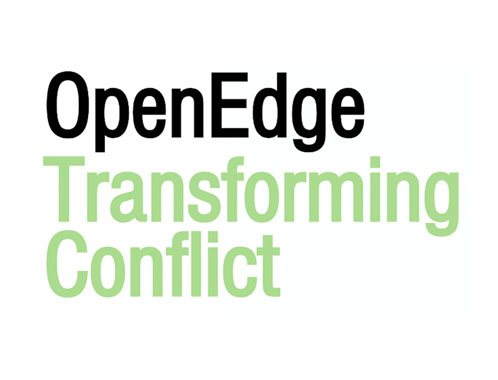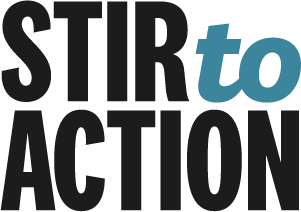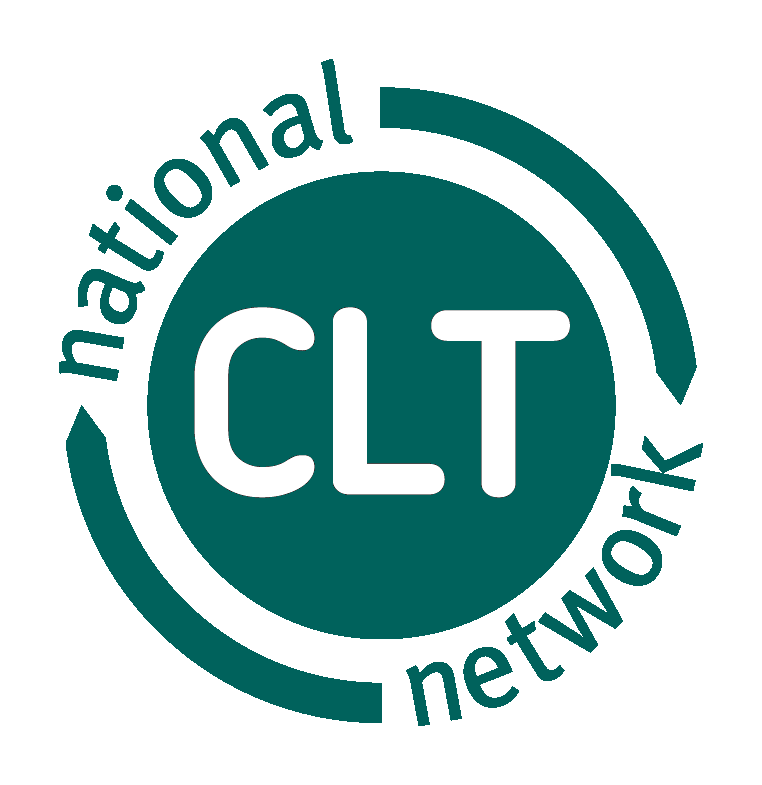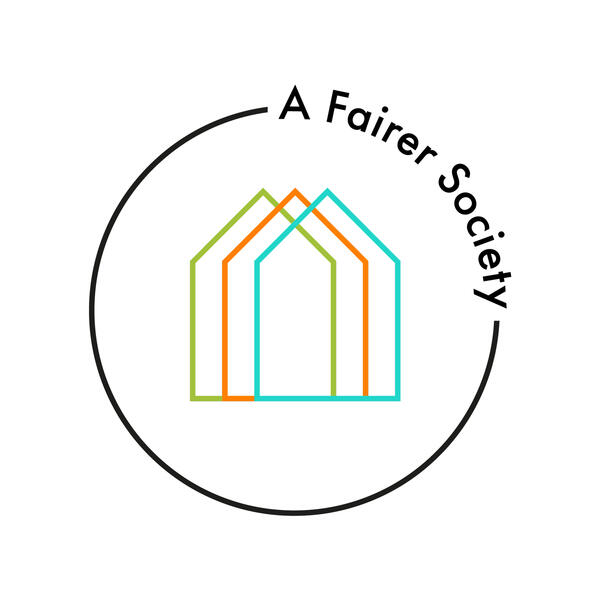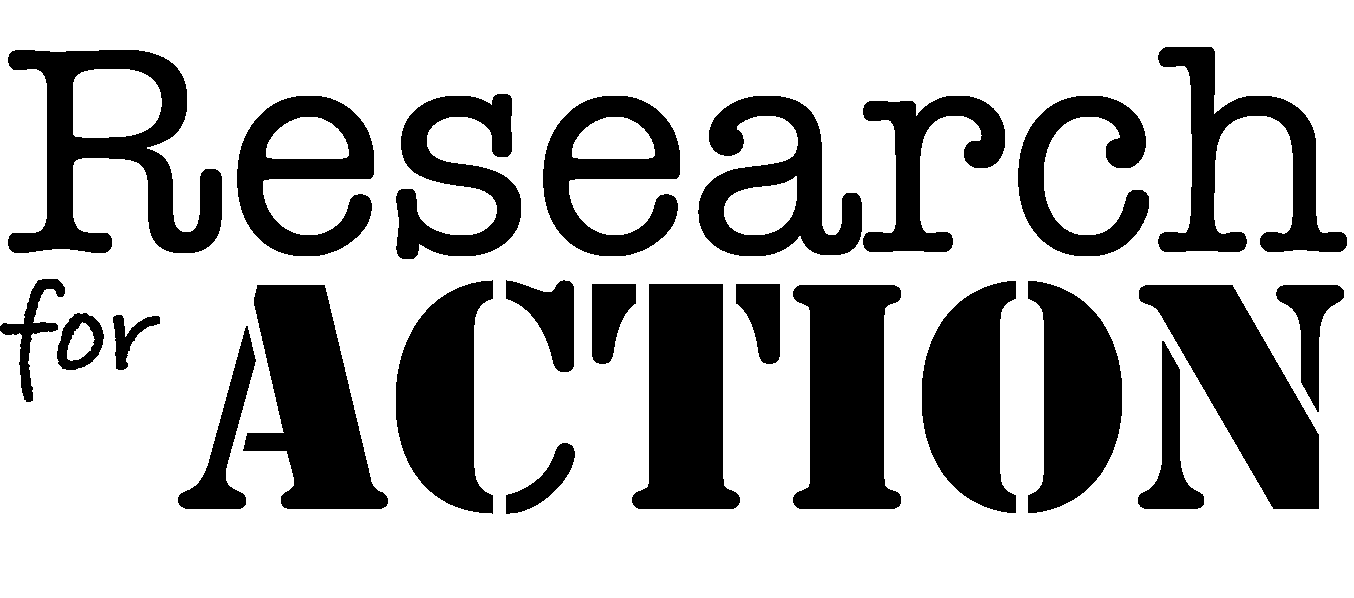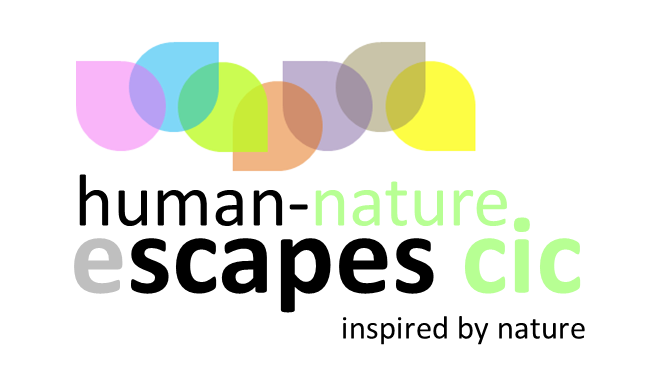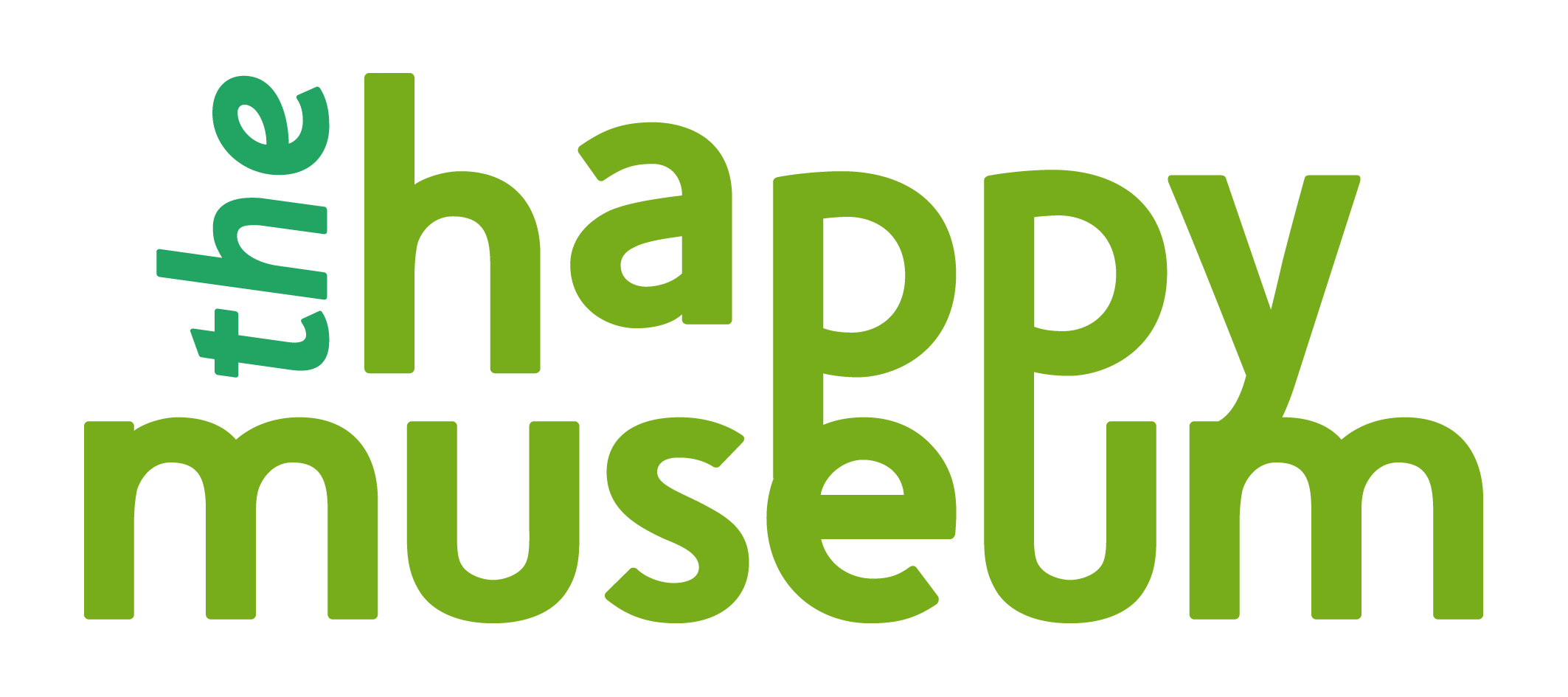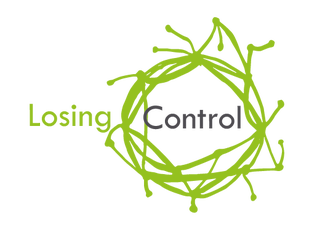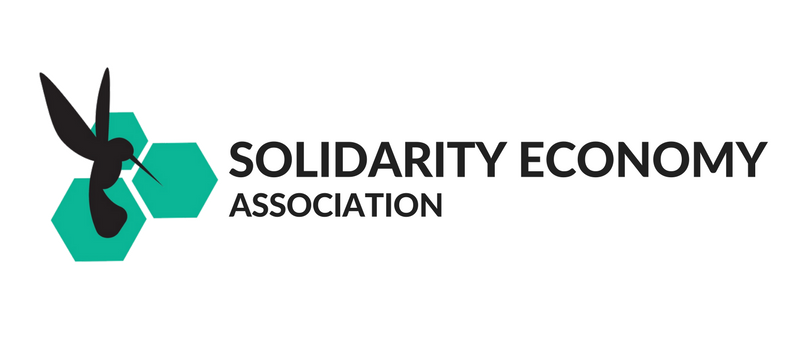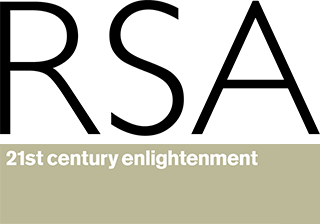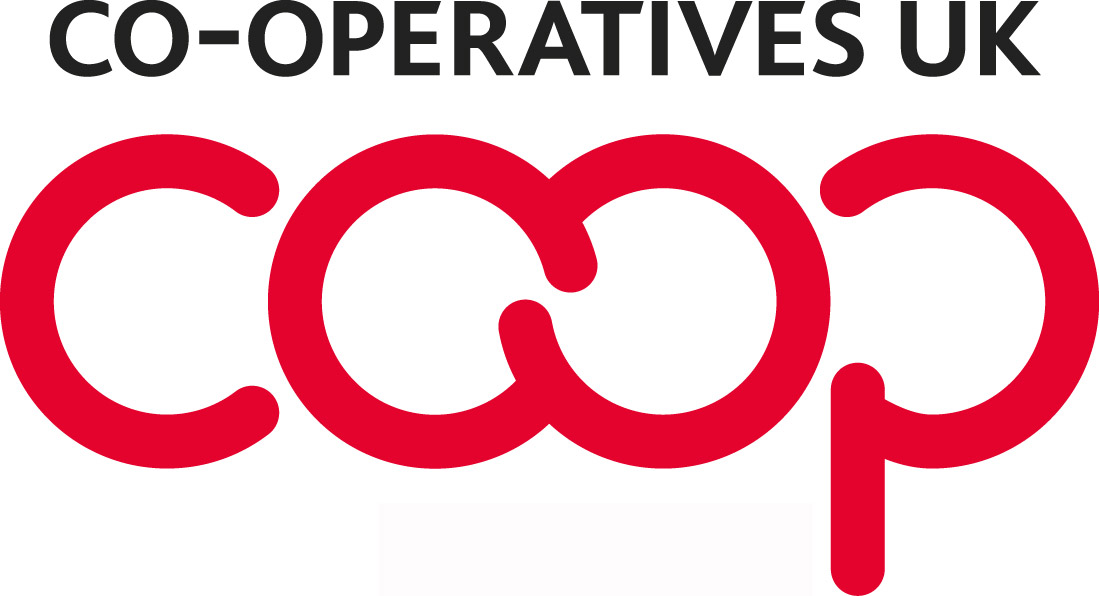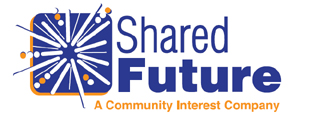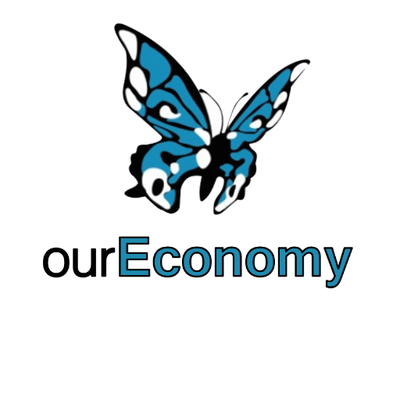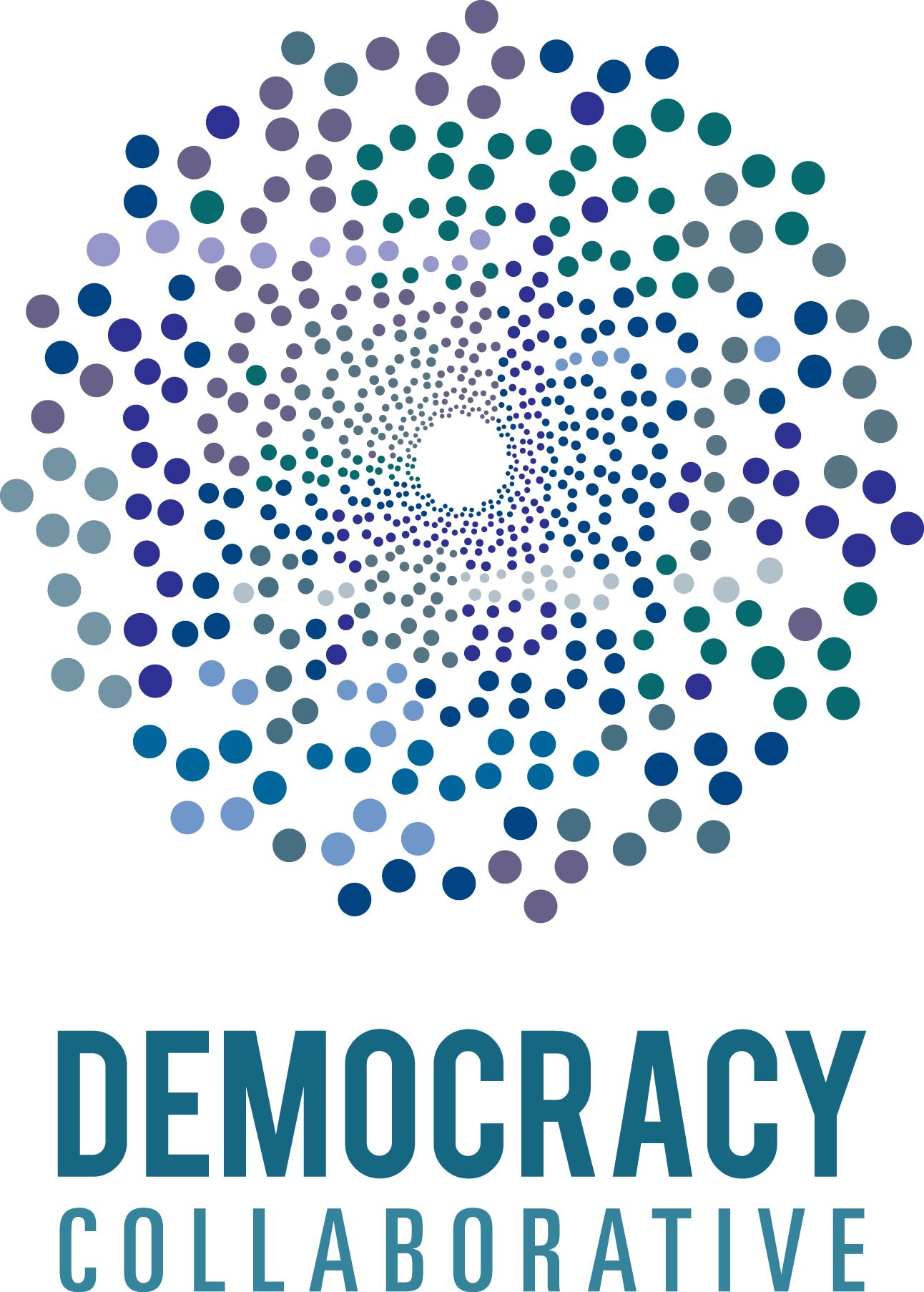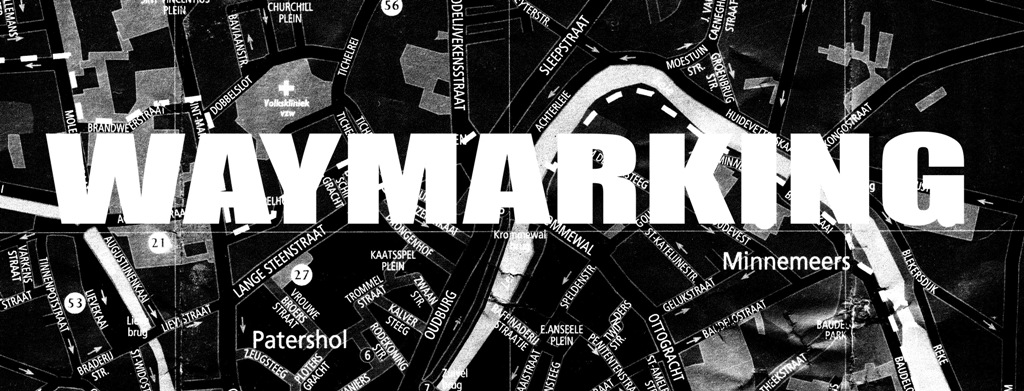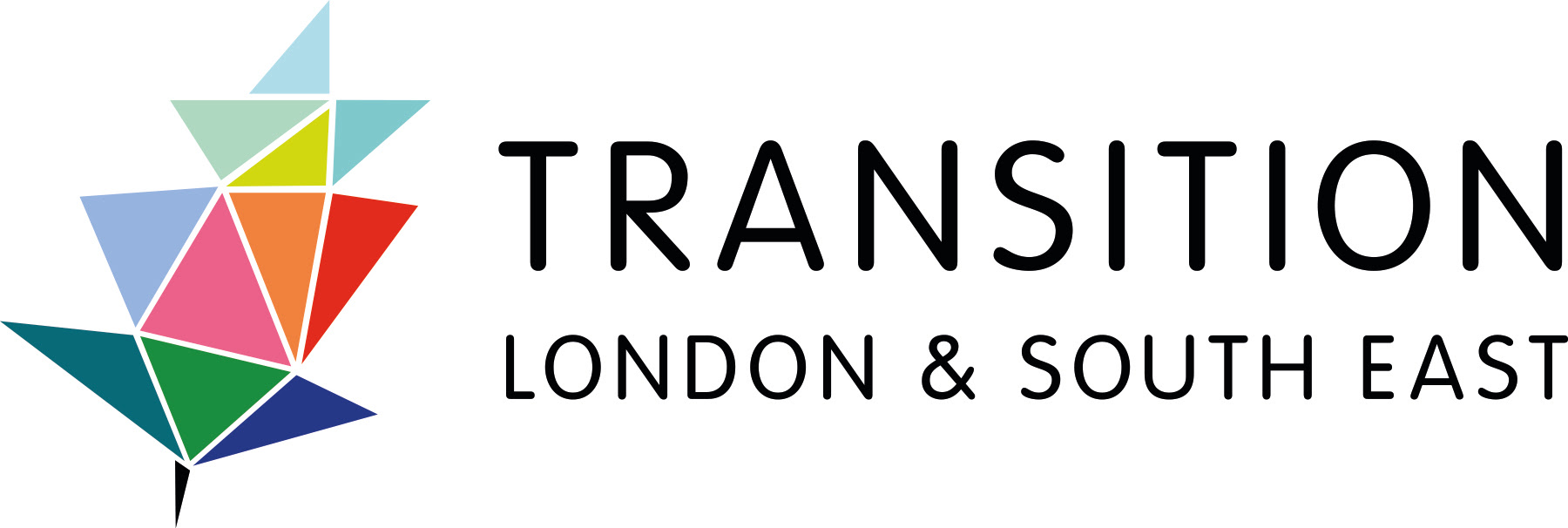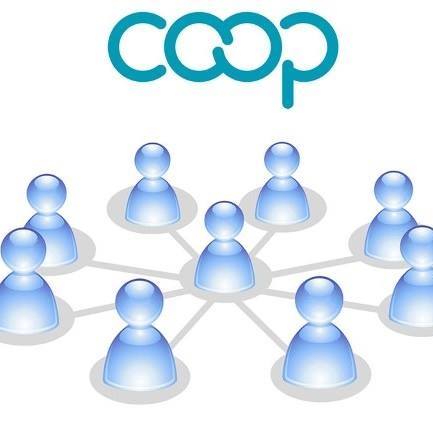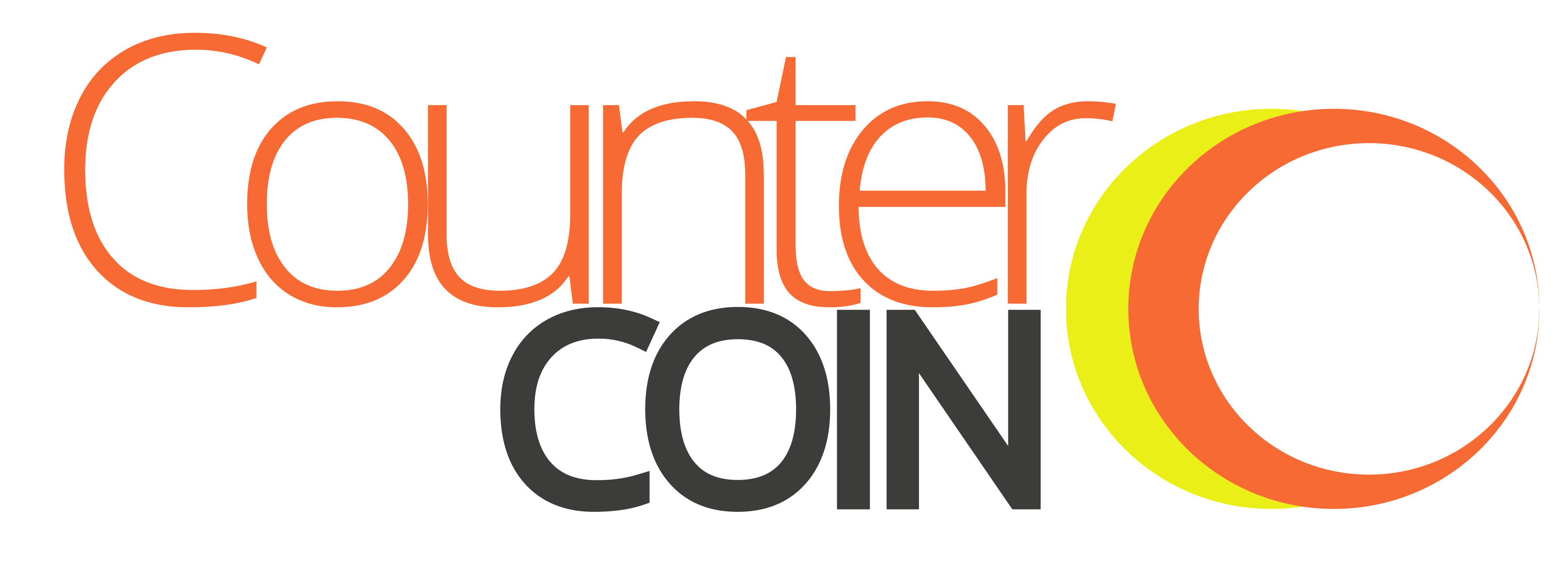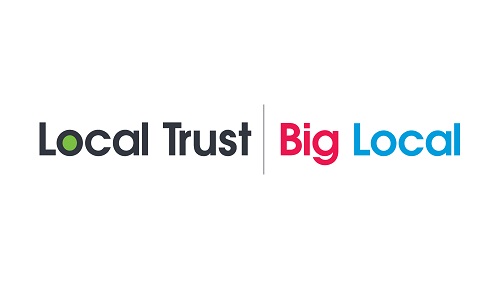Back to school: some personal reflections on Losing Control and CTRLshift

In this blog, Mark Wilkinson, Losing Control advisory council member, shares his thoughts after attending a few conferences on social change including Losing Control in February and CLTRLshift: an emergency summit for change in May. What do fish, Losing Control, and social activism have in common? Read on to find out. Originally posted on the Losing Control website.
[epq-quote align=”align-center”]“What does seem new and exciting though is the sense of an approaching inflexion point, a growing realisation that each example of this activism is not just an isolated point of protest or act of altruism.”[/epq-quote]
I thought I was too old to learn something new at primary school. At my daughter’s leaving assembly last year, her head teacher explained to us the difference between a school of fish and a shoal – I am not sure I had ever realised there was a difference, let alone what that might be. A shoal, she told us authoritatively, is a number of fish gathered together in a group (that much I think I knew), but a school is a group of fish which act coherently together. You’ve probably seen footage of them – they react instinctively to outside stimuli such as threats from predators or changes in ocean currents, turning and shifting in unison as if they are following some higher instruction. How they do it is an interesting question but many species do something similar – starlings murmurate and bees swarm for example. But when fish do it, it makes them a school, not a shoal. There you go. As I sat with the other parents in the back row, trying not to giggle on our undersized bench with our cramped knees buckled to the side, I had no idea I’d still be pondering if there was a wider learning to be had from this almost a year later.
But I have been pondering it over the last few months, in particular in relation to a few conferences on social change I have attended recently. The same slippery and elusive issues surfaced at each one – the need to bring about a more equitable distribution of power in society in order to reduce inequality and improve social justice, and the importance of focussing on relationships and effective methods of collaboration in doing this.
[epq-quote align=”align-center”]“At the core of this (Losing Control) was how to enable those facing tough times to find their own voice and agency to drive their own changes”[/epq-quote]
In February it was Losing Control in Birmingham, organised by Practical Governance and the Social Change Agency. Over 400 people attended for the two days, from a wide assortment of groups and organisations active in trying to make social change a reality – funders, community groups, cooperatives, charities and social enterprises too numerous to mention. The programme covered many different projects and topics, each highlighting the great work being done by different groups or collectives, and each seeking in their way to improve not just individual lives but the wider systems which no longer seem to work as intended. At the core of this was how to enable those facing tough times to find their own voice and agency to drive their own changes, and one aspect of the “Losing Control” theme for practitioners could be seen as letting go of some of those traditional ‘top-down’ methodologies which so often serve to constrain rather than assist the intended beneficiaries or service users. Everyone there will have left with different specific outcomes according to their interests and activities, some measurable and others perhaps less so. But what appeared to be shared among everyone was an energy and commitment generated by spending two intense but refreshing days in the company of like-minded people who share the same goals and values.
In fact, I was so energised that I surprised myself by signing up to help out on an advisory panel set up to see if and how that energy might be maintained between then and the next Losing Control conference planned for 2020. After a short series of meetings and discussions the Losing Control Network is now shifting its focus to engage in more mutual support activities for its peer-led membership, and it was thanks to this network that I attended another event earlier this month – the CTRLshift conference in Stoke on Trent. This event focussed more explicitly on how power and influence over decision making can be shifted to a more local and community level – there is an excellent write up of it here by The Alternative UK
Events in the weeks immediately before CTRLshift lent a renewed sense of urgency to the conversations – the release of the IPBES global assessment report on biodiversity and ecosystems highlighting the dramatic species loss facing our planet, and the declarations of a climate change emergency by three UK parliaments to name just two of them. At the same time the high-profile protests of the Extinction Rebellion movement in London and elsewhere, and the school climate strikes inspired by Greta Thunberg, illustrated a growing surge across all generations to engage at an individual level to make change happen. Less dramatically (although perhaps more significantly) community groups like those in Stoke (and so many other towns and cities around the country) continue to actively take it upon themselves to make things happen, to improve their local communities, to engage local people. This in itself is not something new – it’s been happening for decades and many of those involved are true veterans of the environmental or social activism movements. What does seem new and exciting though is the sense of an approaching inflexion point, a growing realisation that each example of this activism is not just an isolated point of protest or act of altruism. The scale and urgency of the problems facing us have made them feel more like survival tactics.
[epq-quote align=”align-center”]“I am just one small fish swimming amongst many, but there’s a hugely liberating strength to be drawn from that”[/epq-quote]
The questions raised at CTRLshift and Losing Control are good ones – how do we organise in a way that can be effective at scale, how do we develop inclusive new systems that represent all of us given how urgent these issues have become? Well, it won’t surprise you learn that I don’t have the answers, and if I did suffer from the hubris of thinking I could solve them all, then I’d be wrong. This is because participating in these events reminds me that I am just one small fish swimming amongst many, but there’s a hugely liberating strength to be drawn from that. It’s the energy which comes from joining in with those events and the networks they inspire. I am in amongst a much, much bigger school that’s shifting and reacting, organic and instinctive, undirected but trusting to its shared values. And it’s a surprisingly easy and rewarding school to swim with – they look out for those swimming nearest them and they pay attention to the voices and experiences of others, so they can sense how those others are responding in turn to what is going on around them. Then all they need to do is keep swimming and as long as everyone sticks to their values the rest will somehow work itself out.
It’s a difficult thing to let go of that urge to control everything around us on a personal, intellectual or an organisational level, and to place our trust in a wider community to do the right thing by us. It questions the boundary between where the “I” ends and the “we” begins, our individual identities versus our collective responsibilities, at a time when our concepts of these are being challenged on so many fronts. It’s even harder to dovetail this into the day to day expectations of society which so highly values rational and intellectual thought over trust and instinct. But it feels like it’s worth exploring, and well worth sitting through one last school assembly for.


